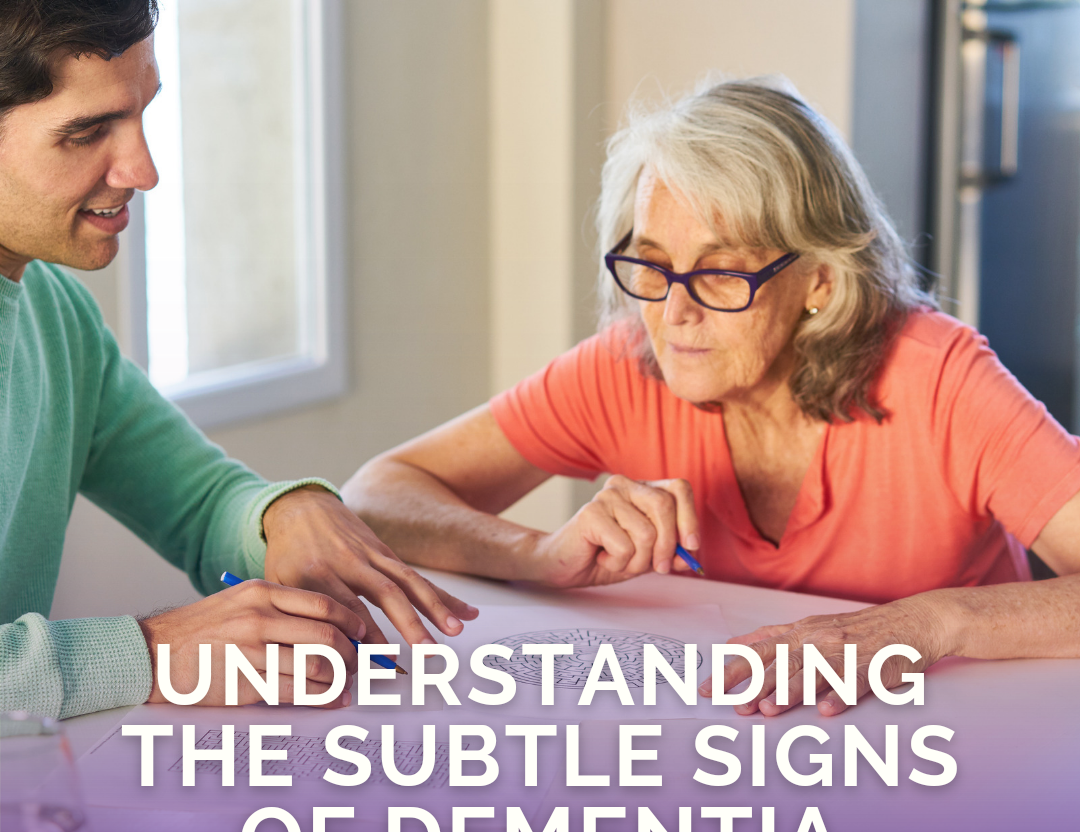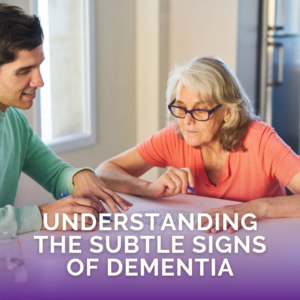Dementia is a complex and challenging condition affecting over one million people, according to the Alzheimer’s Association. While memory loss is the most well-known symptom, there are several other signs to watch for, especially during conversations.
Key Conversation Clues
1. Repeating Themselves: If someone frequently repeats their statements or questions, it might be more than just a lapse in memory.
2. Stopping Mid-Sentence: Struggling to complete sentences or losing track of the conversation can be a red flag.
3. Using Incorrect Words: Referring to objects with unusual or incorrect names (like calling a watch a “hand-clock”) is another sign.
If you notice these symptoms, it’s wise to consult a doctor. Remember, these issues don’t always indicate dementia; sometimes, they are simply part of the aging process.
Challenges Beyond Conversations
People with Alzheimer’s or other forms of dementia often face difficulties that go beyond talking. This condition, known as aphasia, can make it hard for them to follow or join conversations.
Here are some additional signs of dementia to be aware of:
– Memory Loss: More than occasional forgetfulness, this disrupts daily life.
– Trouble Planning or Solving Problems: Difficulty following recipes, managing finances, or solving everyday problems.
– Difficulty with Familiar Tasks: Struggling with tasks that used to be second nature, like driving to a familiar location.
– Confusion with Time or Place: Losing track of dates, seasons, or where they are.
– Misplacing Things: Frequently putting items in unusual places and being unable to retrace steps to find them.
– Poor Judgment: Making decisions that are out of character, such as giving away large sums of money.
– Withdrawing from Social Activities: Pulling away from hobbies, social events, or work.
– Mood and Personality Changes: Exhibiting sudden mood swings, anxiety, or depression.
Taking Action
If you observe any of these signs in a loved one, encourage them to seek medical advice. While there is no cure for dementia, early diagnosis and treatment can help manage the symptoms more effectively, improving quality of life.
Understanding these signs and seeking timely medical intervention can make a significant difference in the lives of those affected by dementia. Stay informed and proactive in noticing these subtle cues to support your loved ones better.











